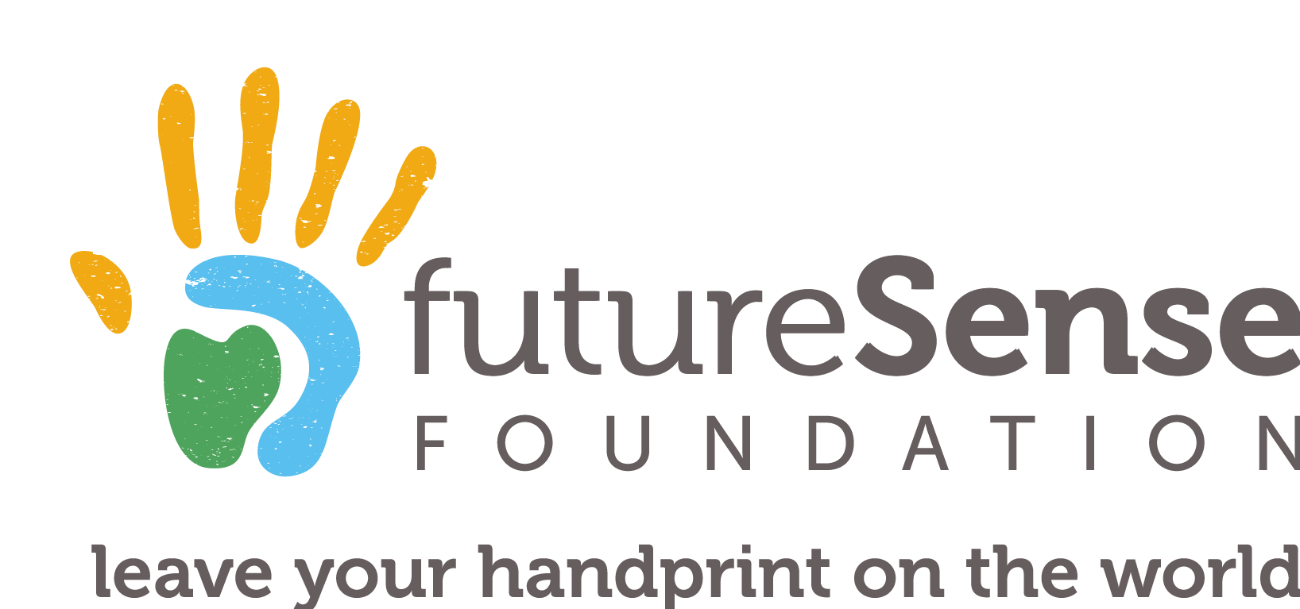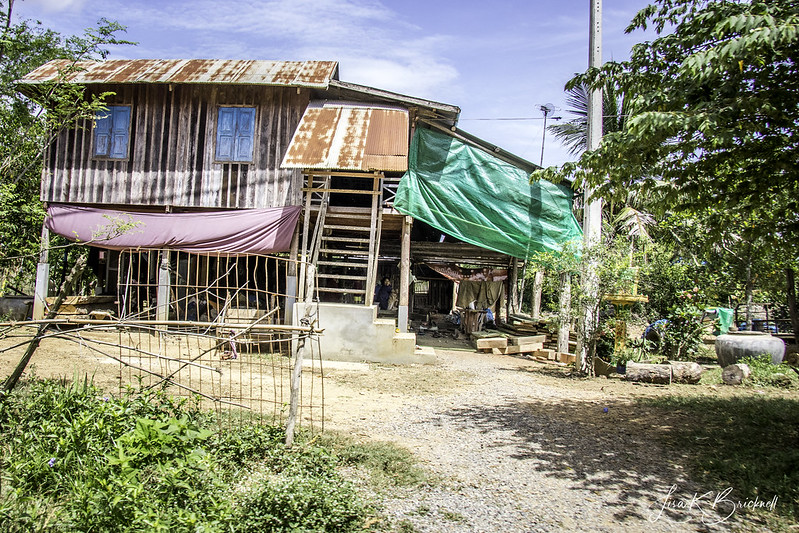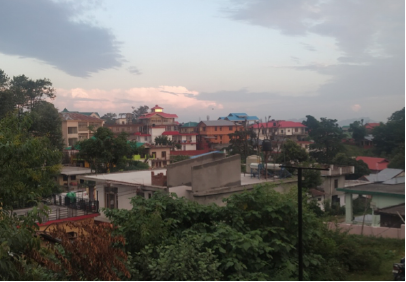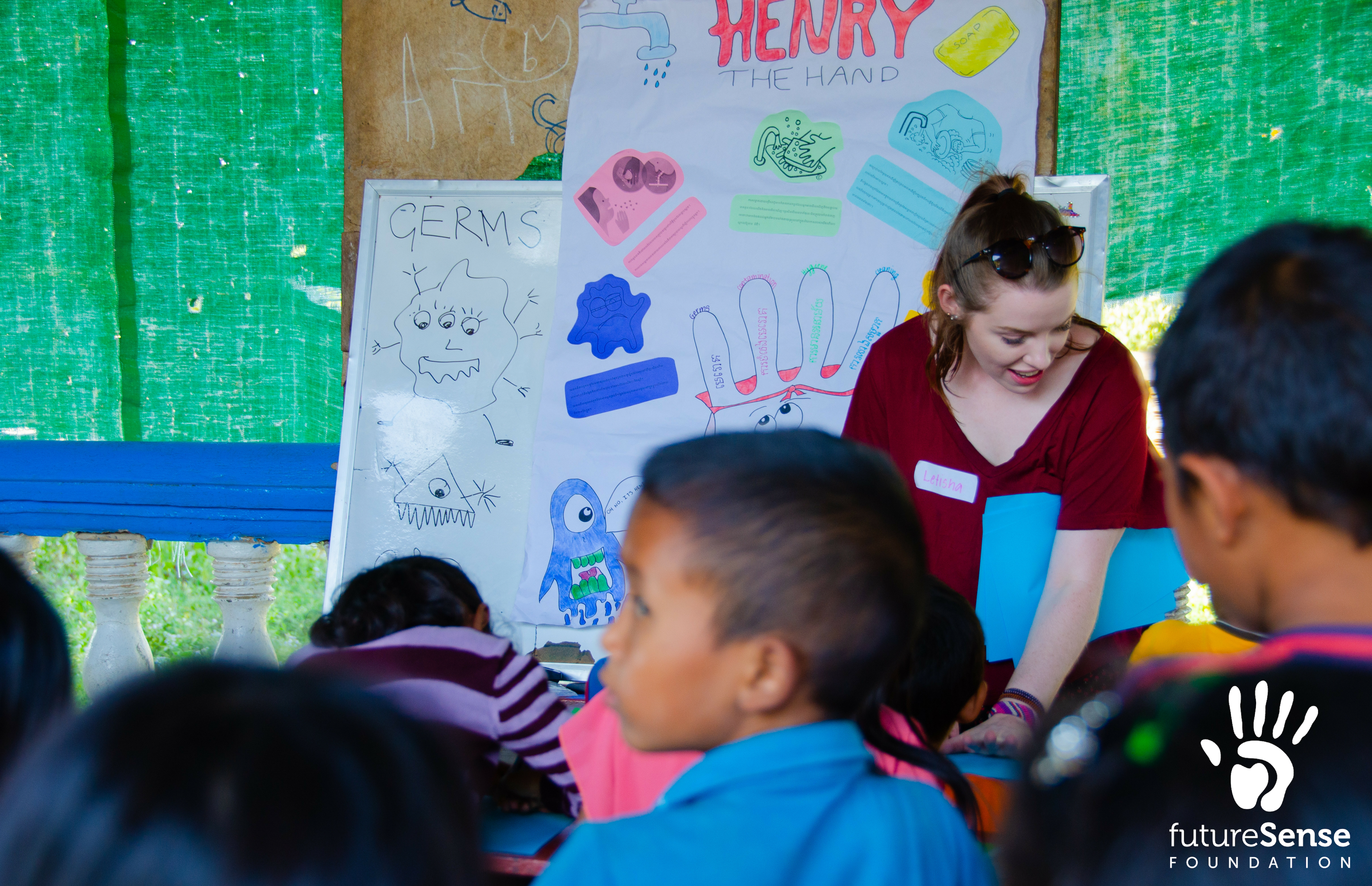Written by Antonio Ruanelli, Peru Country Director.….
The FutureSense Foundation in Peru are beginning to make inroads into our long-term goals of promoting on the United Nation’s Goals for Sustainable Development. With a particular focus on SDG goals 3 (good health and wellbeing), 4 (quality education), and 8 (decent work and economic growth) by developing on our partner communities’ ability to sustain long-term well-being and health, quality education for all and employment opportunities.
Some of the most pressing issues facing rural communities in Peru revolve around primary healthcare and employment. It is in these areas that the FSF Peru is actively engaged with our partner schools to assist and alleviate the burden for communities where we work.
Healthcare in Peru is universally provided by the government, but the quality of care is often poor and the difference between public and private healthcare is often marginal, at best. In fact, 44% of the rural population in Peru are living in poverty and lack access to basic healthcare facilities. Many school children suffer from anemia and other treatable ailments, but diagnosis can be problematic and expensive for families, who are in the majority of cases, rural farmers.
FSF Peru has engaged with our partner schools in the Sacred Valley and come up with a useful solution to some of the problems our students face.
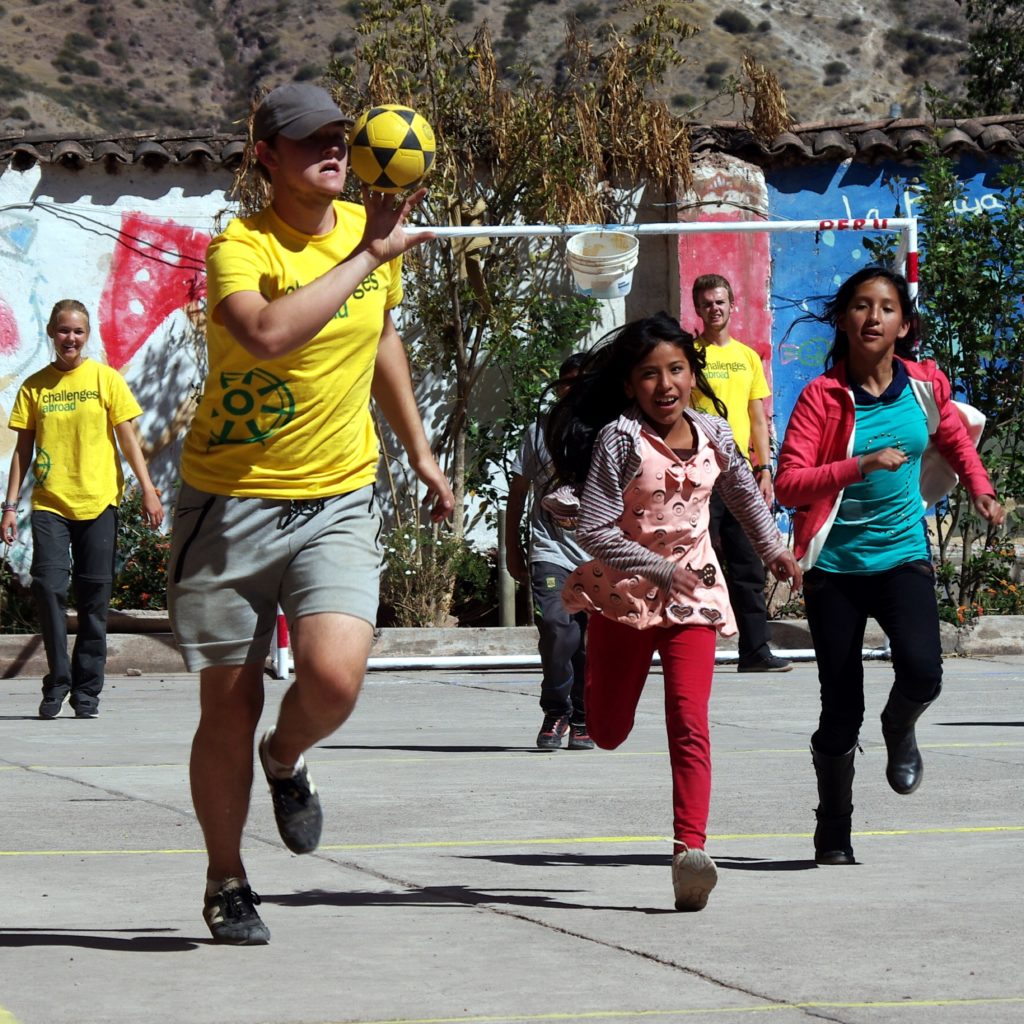
Peru’s Country Director, Antonio Ruanelli (pictured below), met with teachers and parents at one of our partner schools in June 2019.
Antonio proposed partial funding by the FSF Peru hub for the children to receive blood tests, in order to establish which students suffer from anemia. Once the tests have been completed and students diagnosed, treatment can begin.
Likewise, the oral hygiene of many students is often poor, as a result of the local diet being saturated with sugar. Local fruit juices, yogurts, and other natural foods are often mixed with sugar and it is a common custom for families to drink soft drinks with each meal (these are all high in sugar). Similarly, almost every school in the Sacred Valley has a local vendor who often sells sugary-gelatin to children after school and this tends to exacerbate an already problematic situation.
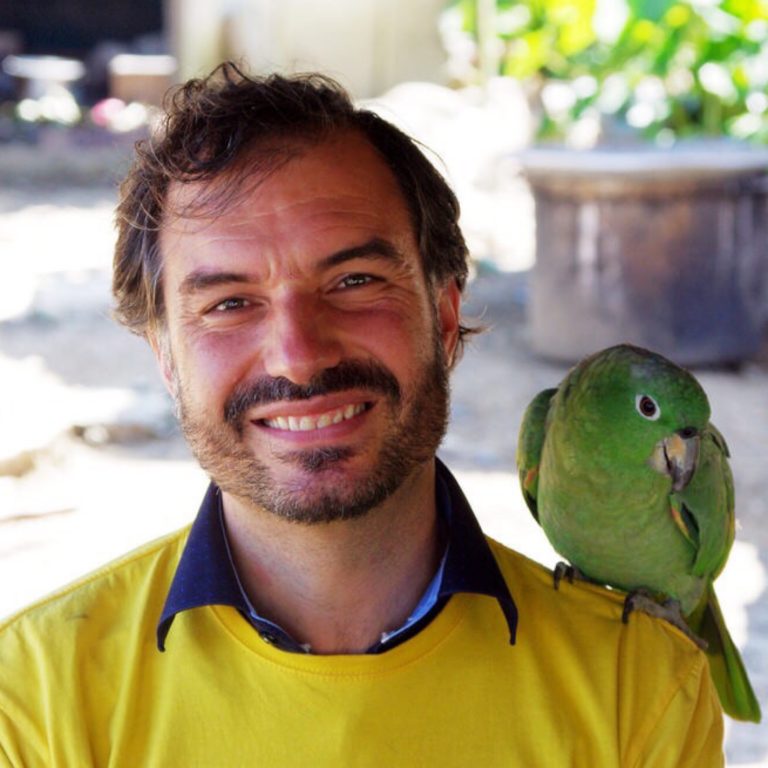
FSF Peru has actively engaged with our partner schools to resolve these issues and are proud to announce that the our partner school no longer allows sugary gelatin to be sold to its students on or outside of campus.
In line with the United Nations (UN) Sustainable Development Goal (SDG) 4: Quality education for all, the Peru hub is tackling the problems of employment facing rural communities with our English curriculum.
Many local communities are populated by groups who only speak Spanish or Quechua, indeed many locals and their children do not even speak Spanish and this presents a serious challenge for communities like ours, in the Sacred Valley, who depend greatly on tourism to support the local economy.
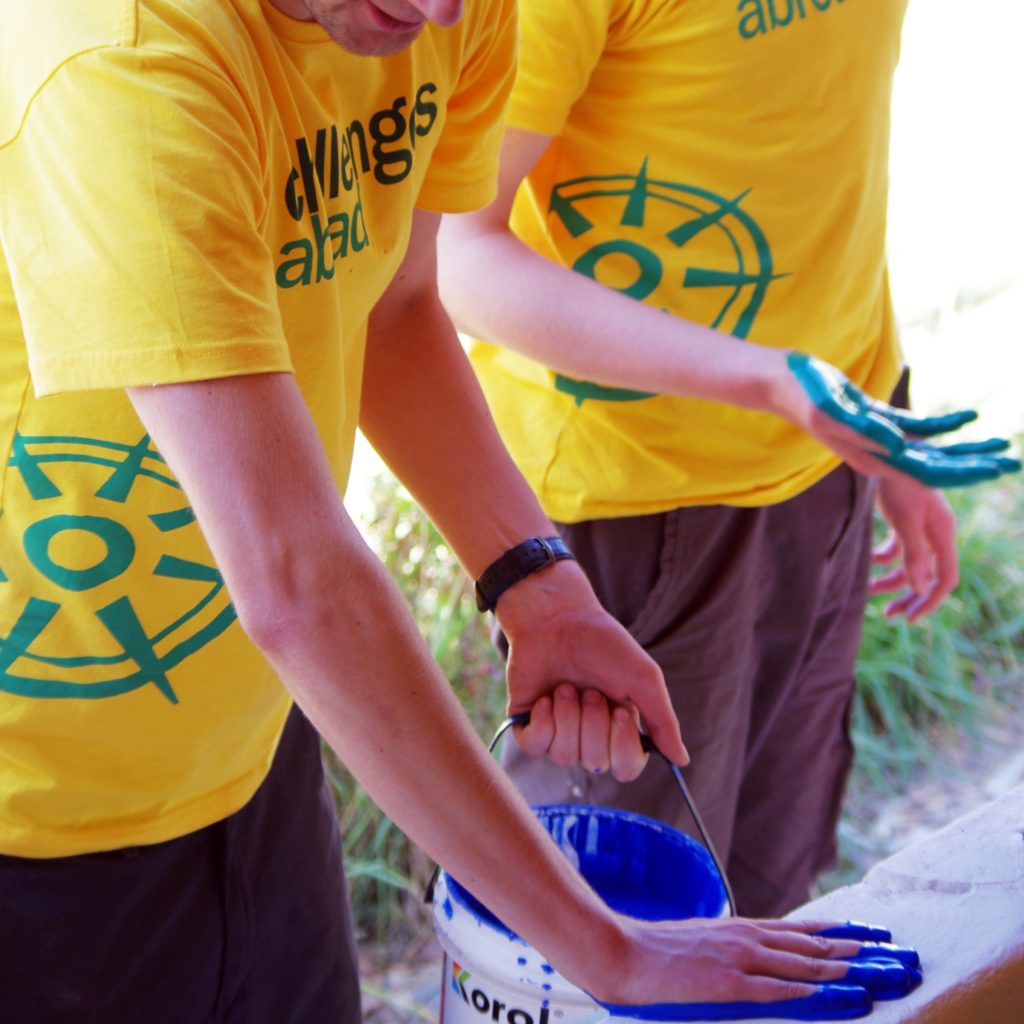
In Urubamba, the difference between being unemployed and having work is often dependent on an individuals ability to speak English. There are plenty of opportunities for English speakers to gain employment as chefs, bellboys, front desk administrators, tour guides or even small business owners, and many such jobs earn an individual (and her/his family) significantly more money than the national minimum wage.
To that end, FSF Peru has entered into its third year of providing English workshops to our partner schools and this is an invaluable service, as local teachers are often not proficient in English and local English school teachers, where they exist (it is not common to find a local Peruvian teacher who can teach or speak English), are not able to speak at a basic level.
Through our Education Programme we develop engaging and influential workshops that focus on English, various life-skills and STEM education. Our students are always very excited when English lessons approach and participate with immense enthusiasm, even their teachers, who stay in class to assist us in lesson time, have been using our lessons to gain some English for themselves. Their confidence is improving on a weekly basis and their understanding and proficiency, despite still being formative, shows great improvement.
Much of this is thanks to the efforts of our fantastic volunteers, who contribute so much to not only the successful operation of our projects but, also to the academic well-being of our students and their futures via coming here and spending their time working with our partner schools.
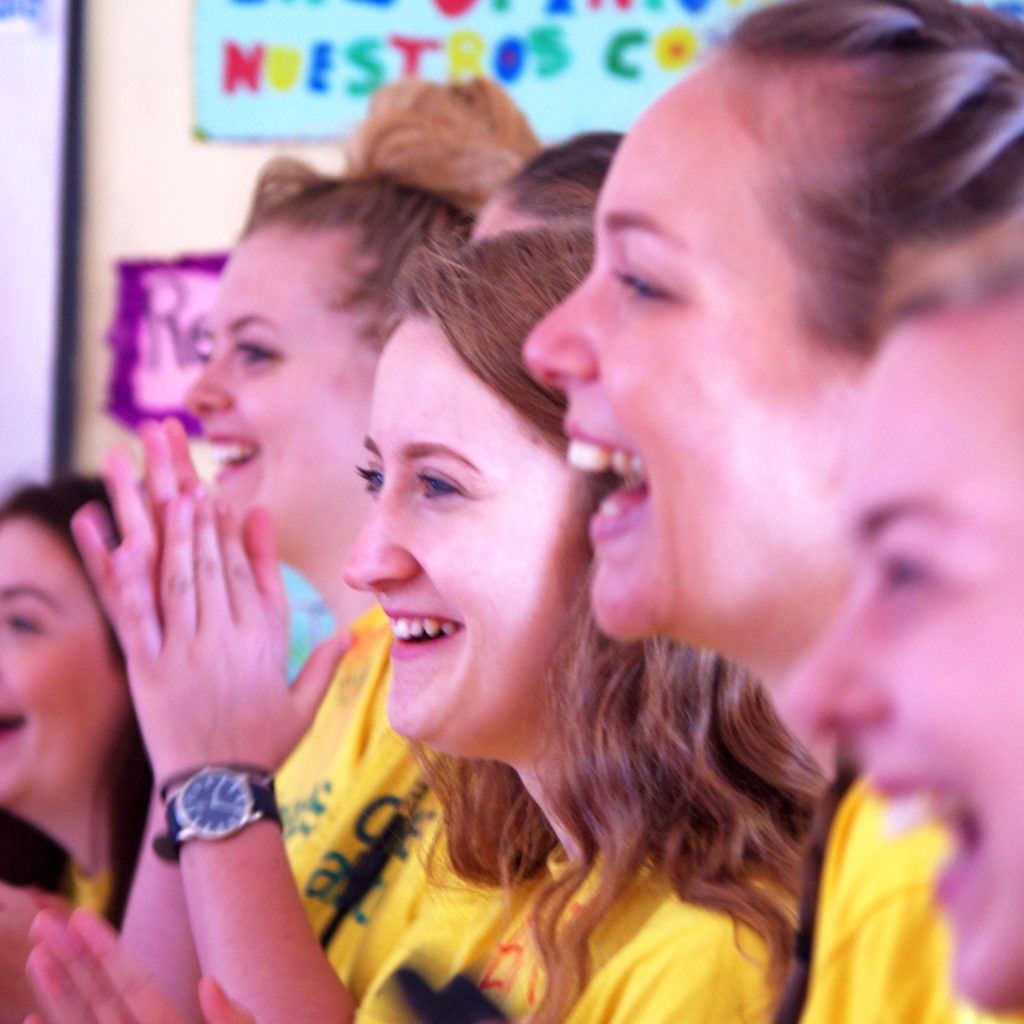
Though tentative, we are motivated to continue our work with local partners in the advancement of UN SDG’s. With a focus on Good Health and Well-being, Quality Education and Decent Work and Economic Growth, FSF Peru continue to promote good health and well-being among our partner communities, quality education and decent employment opportunities for their children in the future. Likewise, the enthusiasm of our partner schools to collaborate with us has been fantastic and we are pleased to be building these long-term relationships, essential to the successful implementation of our project goals.
